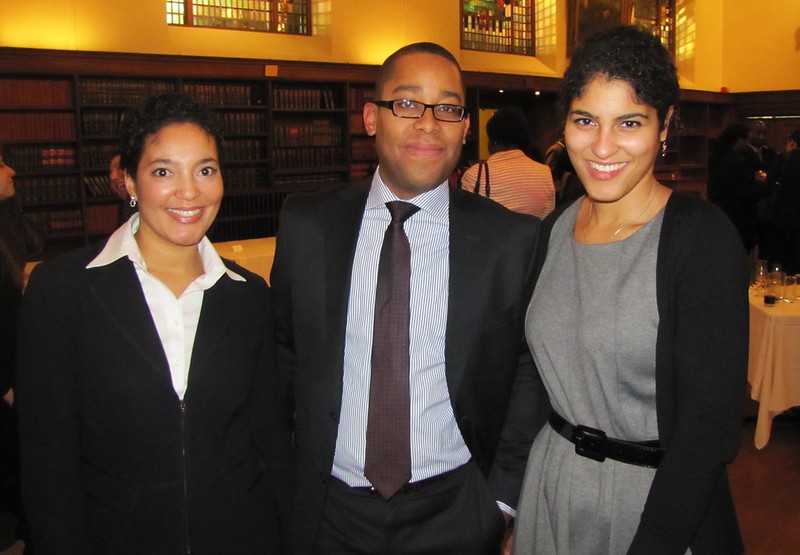Last week, I attended the annual reception in honour of Black History Month, co-hosted by the Canadian Association of Black Lawyers and the Law Society of Upper Canada (as part of the Law Society’s Public Education Equality series).
How should we change the way we think about aid to Africa? That question was central to this two-part event, which began with a panel discussion featuring leading scholars and lawyers on the relationship between law, development and human rights. Highlighted, and agreed upon by all, was the need to stop thinking of Africa as one place, and instead acknowledge the vast differences in language, culture and history encompassed in each of the continent’s 53 countries. By further shifting from emotive, paternalistic perceptions that result in humanitarian aid, a broader concept of long-term development initiated and controlled by Africans emerges. The panelists placed great emphasis on the importance of implementing the Rule of Law and proper governance as the means of embedding human rights and social justice into this process.
The star of the evening was keynote speaker Dambisa Moyo, economist and author of the bestseller Dead Aid: Why Aid is Not Working and How There is a Better Way for Africa. Dr. Moyo spoke eloquently of the need to halt the insertion of aid into African countries. Providing lump sums of money, she argued, fosters blatant corruption in attempts to usurp the concentrated pools of resources coming in. Perhaps even more damaging, though, is the abdication of governmental responsibility for ensuring a well-functioning civil society. The otherwise symbiotic relationship between governments and citizens that centres on representation through taxation is severed by a continuous flow of aid and the conditions that initiated the call for support continue.
Browse the slideshow above for pictures of the event’s panelists and guests.
Want to be on our website? Invite us to your party. Email us at chelsea@lawandstyle.beta-site.ca.


